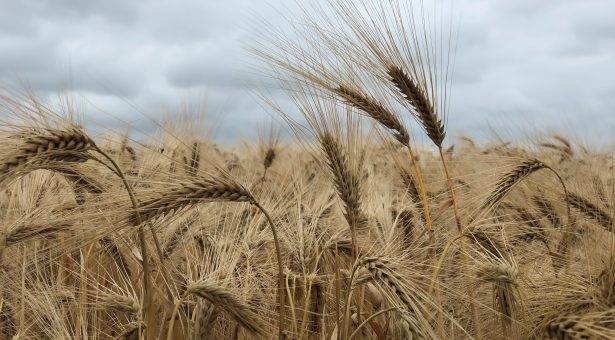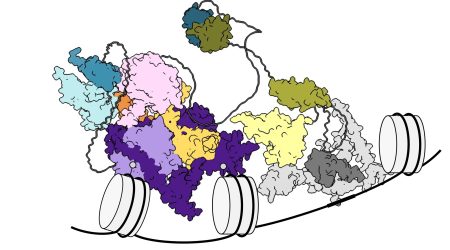Research shows promise for drought-tolerant crops

Barley plants which have four times the drought tolerance of their parent stock have been developed by scientists at the John Innes Centre, working with colleagues at the University of Jordan.
Dr Wendy Harwood worked on the malting barley Golden Promise, which is a heritage variety generally grown in Scotland for the brewing industry.
The effects of drought on a crop can be devastating – yield is generally reduced and the grain which is collected is often of poor quality compared to that grown under optimal conditions.
Dr Harwood said: “Poor water availability is a major limitation for many crops, and one area in which science, and especially genetic modification (GM), can make a big impact. When you think that agriculture uses about 70% of global water and it takes 2,000 to 3,000 litres of water to produce the food we typically eat in a day you can see how dependent we are on having that water available.”
Using GM technology, Dr Harwood and colleagues were able to work on a gene responsible for opening and closing tiny pores on the surface of the barley leaves. These pores, called stomata, are used by the plant for gas exchange but also provide an exit route for water vapour to leave the leaf. They tend to close at night to conserve water and open in the day to allow photosynthesis.
By putting the naturally-present gene controlling this process into overdrive, the scientists were able to develop barley plants with stomata which closed more readily when water was scarce, retaining the water content of the plant and making them more resilient in drought conditions. Unusually, there was no ‘trade-off’ associated with this change as the plants grew as well in water-abundant soils as their non-modified counterparts.
Dr Harwood added: “This shows that making a single stress-responsive gene more active can have quite a big effect, which is encouraging.”
Dr Harwood said that although this work was promising, development of commercial crops was still a way off. Golden Promise is a variety often used in genetic research because it responds more readily to genetic modification than other barley varieties. However, this research paves the way for future work to develop drought tolerant plants.


